Friendship Seminar w/ Thorsten Schoo & Miles Kessler | Frankfurt, Germany
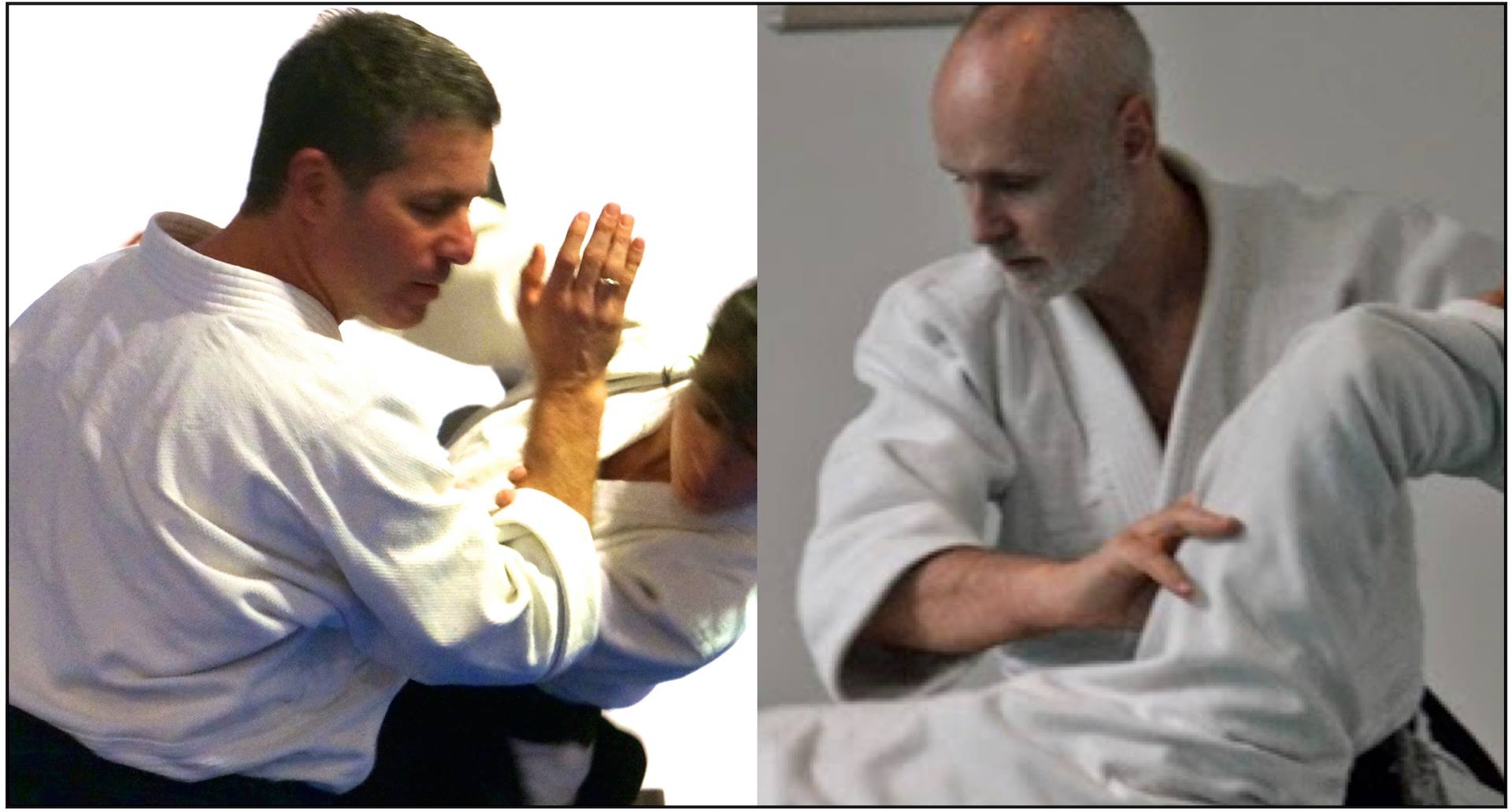
Aikido & Non-Duality Retreat w/ Patrick Cassidy, Miles Kessler, & Dr. Dominique Cassidy

What does it mean to have a “balanced mind”, and how can mindfulness meditation help to cultivate it? Mindfulness-based meditation practice has very positive effects on the mind that are experienced as temporary states. A long term committed practice will transform these temporary, positive states into permanent traits… into new a way of being. Buddhism lists these beneficial qualities as “The 7 Factors Of Awakening”, with the culmination in that list of “equanimity”, an exquisitely balanced mind. In the below interview excerpt Vipassana meditation teacher Sayadaw Vivekananda speaks about how “mindfulness cultivates equanimity”.
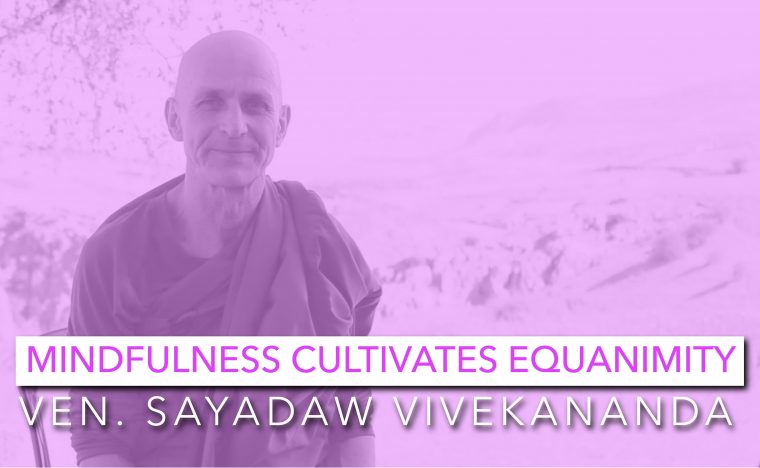
Awakening is the goal of meditation. But like the old quip says “when it comes to awakening you can’t get there from here.” Therein lies the rub. If a non-dual realization if your goal then “doing a practice” implies that there is somewhere to develop, something to achieve… an obvious duality (or maybe not so obvious). Of course, meditation is a practice leading to awakening, but it is still just the finger that points to the moon of awakening. Join Dr. Dominique Cassidy and I as we explore this paradox of non-duality in our discussion of meditation and why you can’t get there from here.
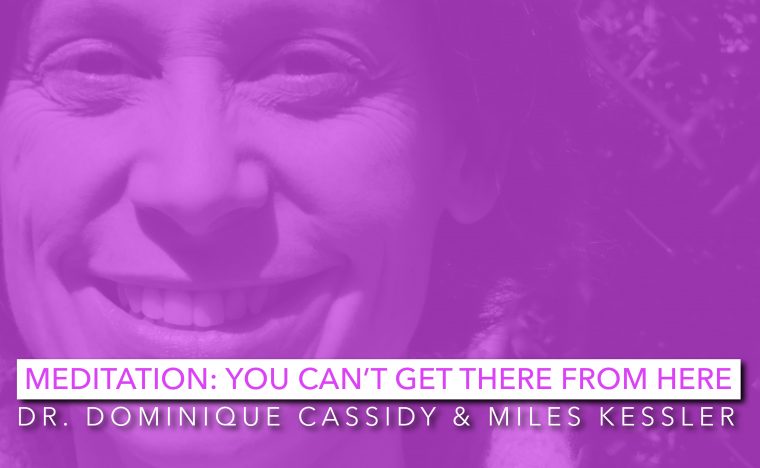
In the Zen tradition, they often use the metaphor of “the finger pointing to the moon.” The “finger” here, refers to practices that point towards the moon or, a non-dual awakening. But even though “fingers” point the way, the pointing practices themselves cannot get you to a direct experience of the moon. Simply put, when it comes to non-duality, you can’t get there from here. If this is the case then we should ask, what exactly are the conditions for Non-Duality In Aikido?
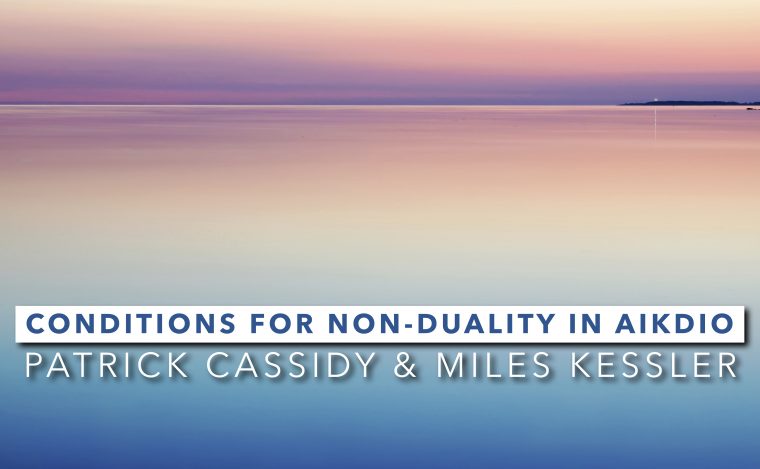
Nothing is more separating than conflict. Nothing is more unitive than spirituality. The martial art of Aikido attempts to walks this impossibly thin line as a “spiritual martial art.” If this is the case, then what does an expression of Aikido’s spiritual essence look like? If we are all spiritually connected, ultimately One, or not-two, then how can we express this non-duality in conflict? These are the questions I explored with Dan Messisco Sensei (6th dan Aikikai) in our recent Aiki-Discussion on Aikido & Non-Duality.
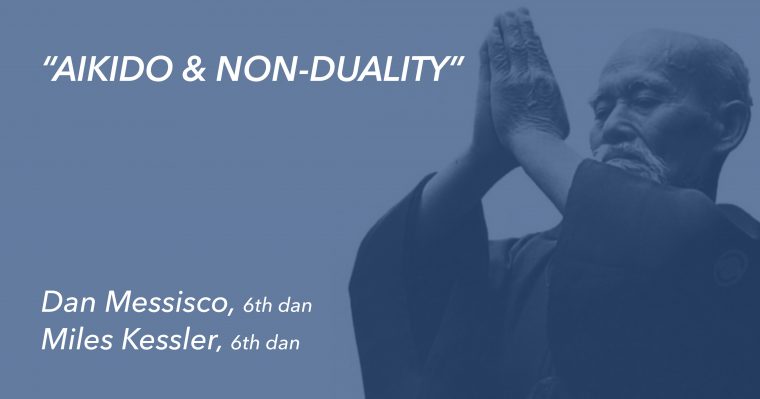
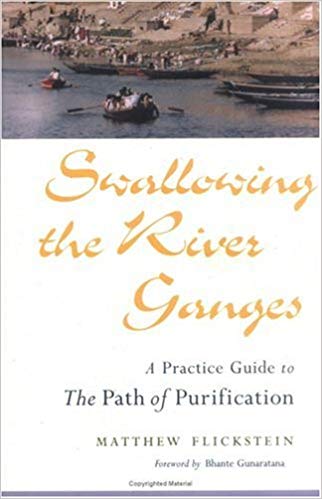 An invaluable road map for anyone who meditates, Swallowing the River Ganges is a comprehensive practice guide to the “great treatise” of Theravadan Buddhism, the “path of purification” (Visuddhimagga). Written in the fifth century, this encyclopedic manual of Buddhist doctrine and meditation organizes the various teachings of the Buddha into one clear path. Step by step, this meditation course guides readers through the seven stages of purification, explaining the teachings and putting them into a modern context.
An invaluable road map for anyone who meditates, Swallowing the River Ganges is a comprehensive practice guide to the “great treatise” of Theravadan Buddhism, the “path of purification” (Visuddhimagga). Written in the fifth century, this encyclopedic manual of Buddhist doctrine and meditation organizes the various teachings of the Buddha into one clear path. Step by step, this meditation course guides readers through the seven stages of purification, explaining the teachings and putting them into a modern context.
What does it mean to be responsible? Ultimately, completely, and radically responsible? Does one need to have a radically responsible life in order to have a radically meaningful life? These are the questions I explored with Dharma teacher Fleet Maull Roshi, whose new book “Radical Responsibility” is launching May 14th, 2019.
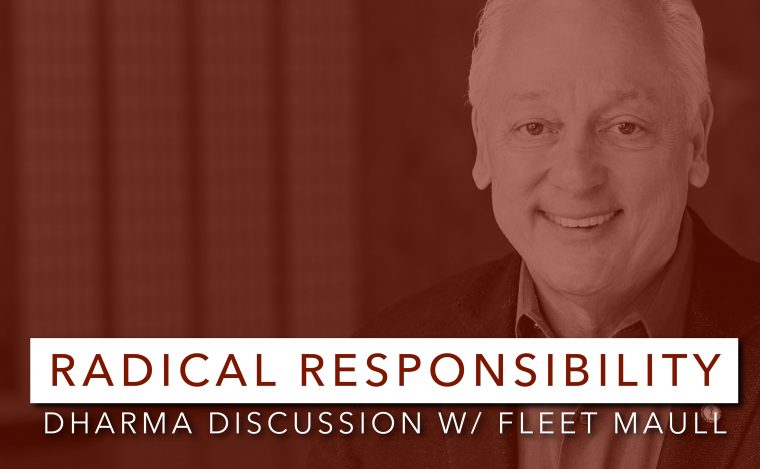
Day Retreat | Sacramento Buddhist Meditation Group
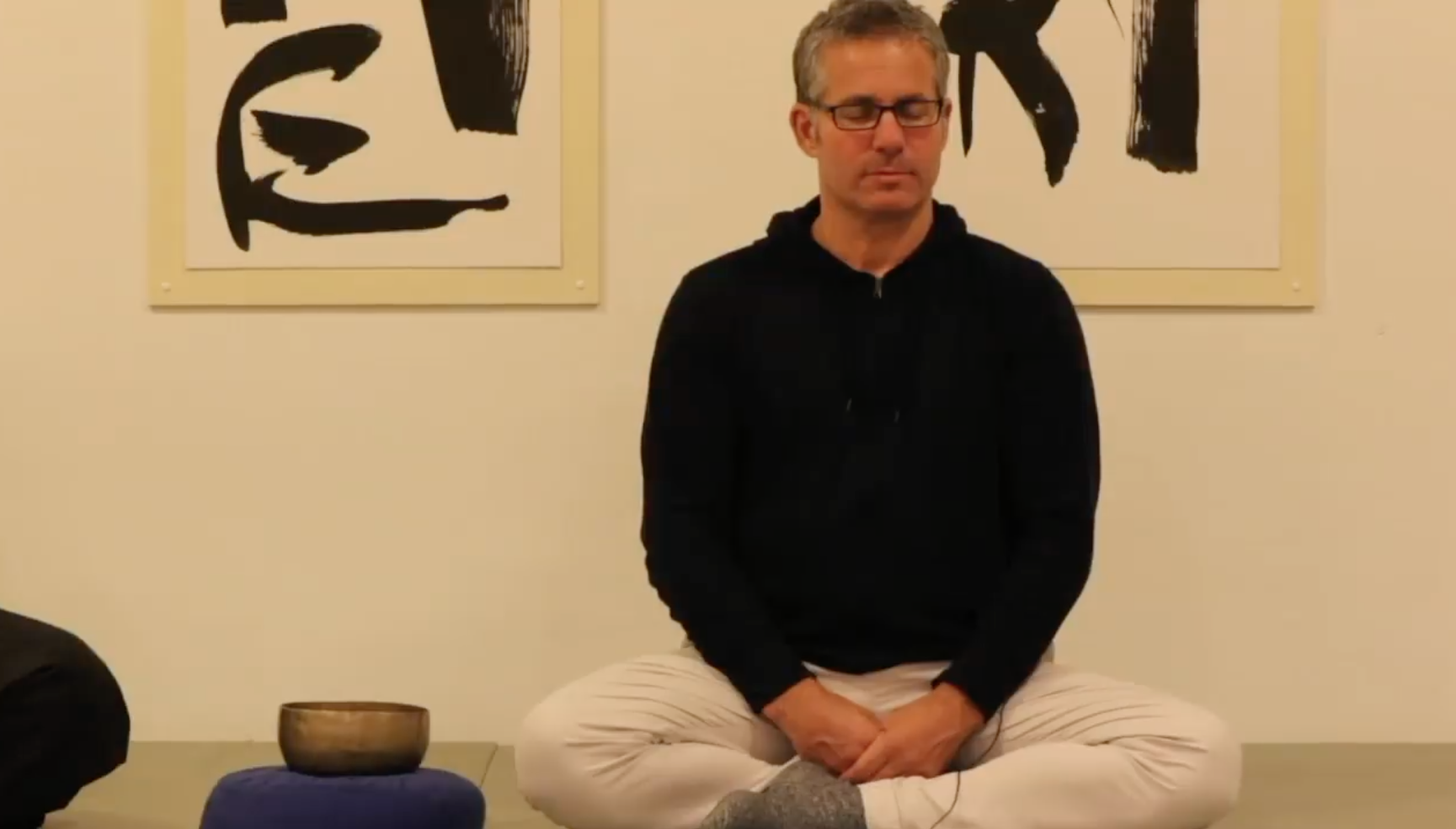
Wake Up, Grow Up, & Show Up – A Meditation Day Retreat w/ Miles Kessler
In this retreat you will work on three aspects of Dharma practice: awakening to deeper meditative states, transforming temporary states into permanent traits, and how to have an impact in the world as a student of the Dharma. This daylong retreat will be a combination of sitting practice, dyadic inquiry, the “Big Mind” process, and some Aikido-based embodiment practice.
Aikido & Non-Duality | Dan Messisco & Miles Kessler | Memorial Day Seminar
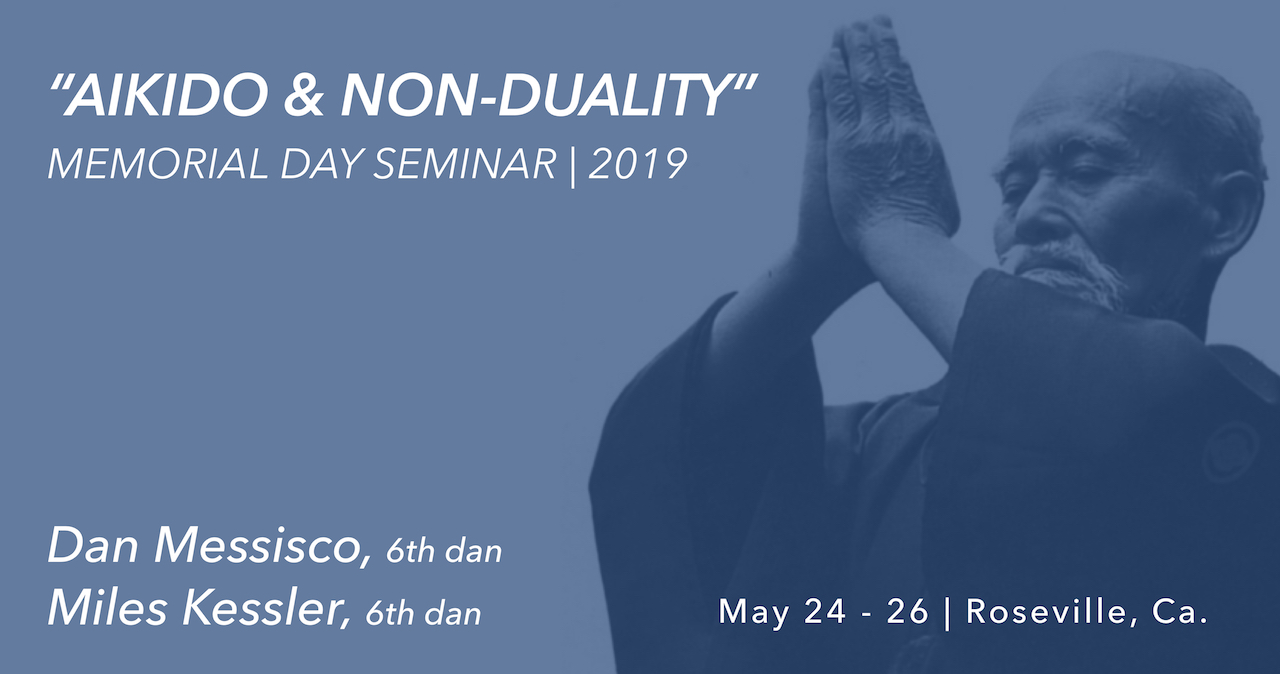







 An invaluable road map for anyone who meditates, Swallowing the River Ganges is a comprehensive practice guide to the “great treatise” of Theravadan Buddhism, the “path of purification” (Visuddhimagga). Written in the fifth century, this encyclopedic manual of Buddhist doctrine and meditation organizes the various teachings of the Buddha into one clear path. Step by step, this meditation course guides readers through the seven stages of purification, explaining the teachings and putting them into a modern context.
An invaluable road map for anyone who meditates, Swallowing the River Ganges is a comprehensive practice guide to the “great treatise” of Theravadan Buddhism, the “path of purification” (Visuddhimagga). Written in the fifth century, this encyclopedic manual of Buddhist doctrine and meditation organizes the various teachings of the Buddha into one clear path. Step by step, this meditation course guides readers through the seven stages of purification, explaining the teachings and putting them into a modern context.

